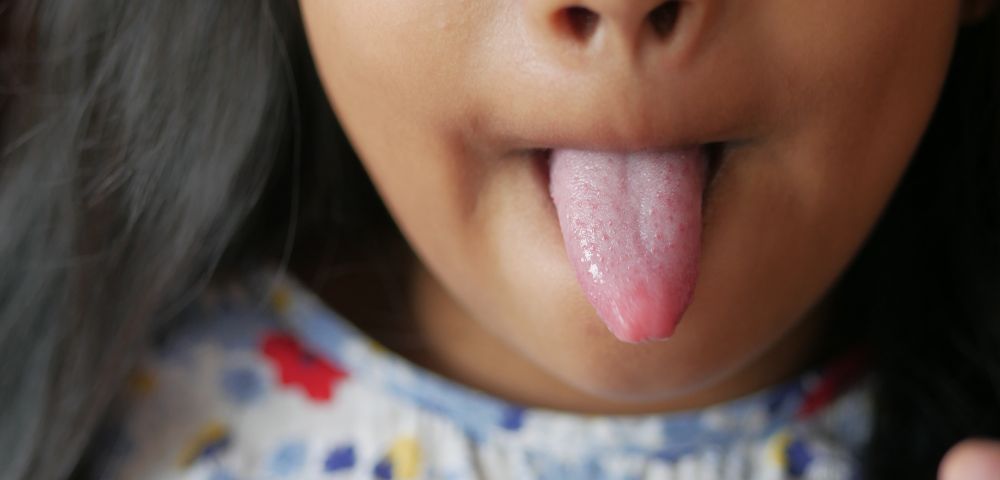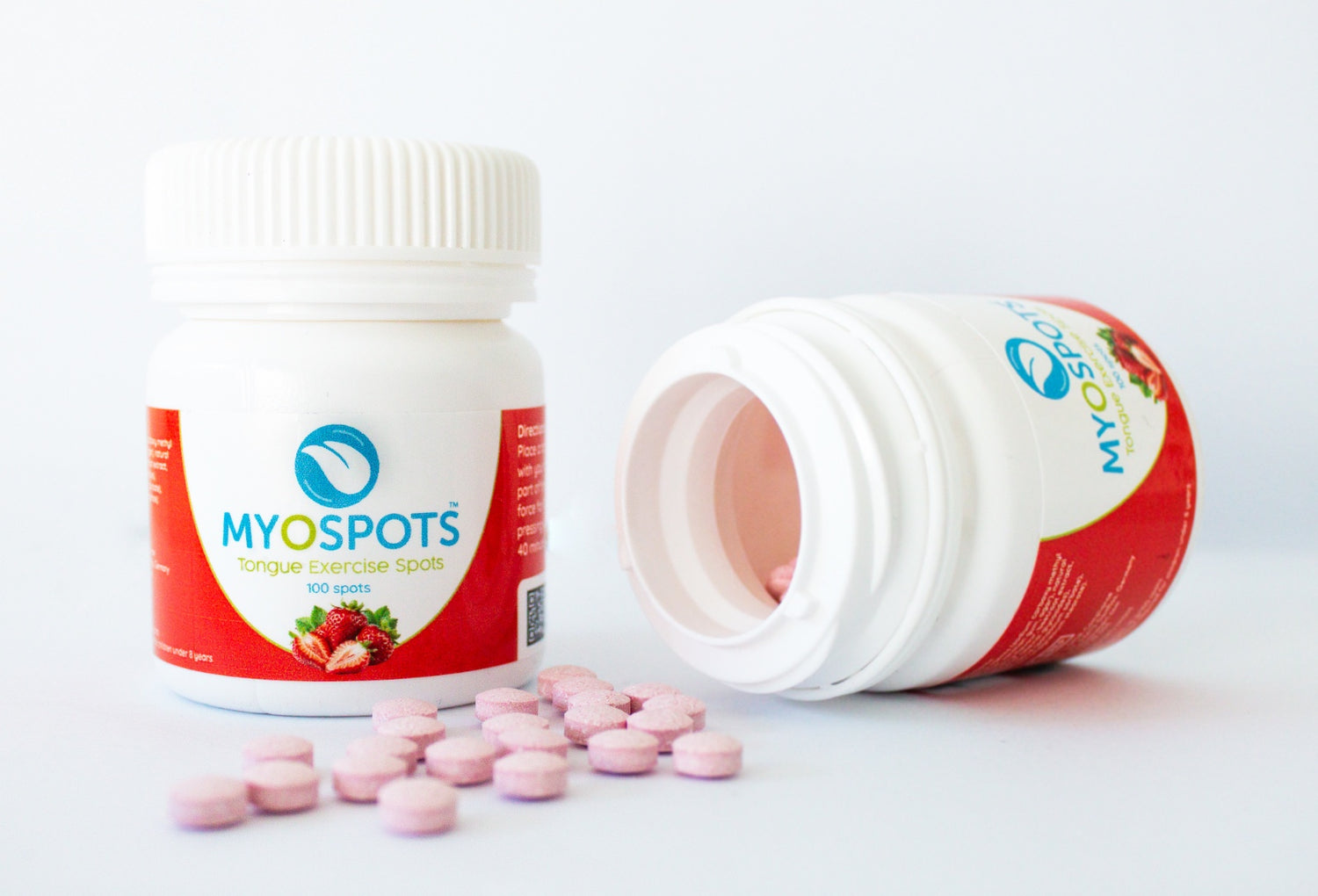There is a building body of evidence about the surprising ways that mouth breathing is bad for your health.
Did you know that mouth breathing can lead to sleep apnea, poor concentration and a variety of dental problems? This leads us to the question, is breathing through your mouth always bad?
One situation where most of us tend to breathe through our mouth is during exercise. Surely, when we are panting and puffing from a brisk run, it’s important to start breathing through our mouth to get more air? The answer might not be so simple.
While some studies have shown no significant difference between breathing styles while exercising, other studies hint at the fact that that nose breathing might actually lead to improved athletic performance.
A 2018 study showed that breathing through your nose during exercise led to the same amount of oxygen intake as mouth breathing, but with a lower respiration rate – this means that it’s more efficient and could potentially boost your endurance.
In addition, nose breathing releases nitric oxide, which supports cells in your body to absorb more oxygen. Our mouth just isn’t optimised for breathing. But don’t panic if you use it to breathe here and there – such as when you’re meditating, and you breathe in through your nose and out through your mouth. Or when you’re swimming and need to quickly gulp in air between strokes. Then of course you need to breathe with your mouth when you have a cold, and your nose is too stuffy to do its job!
It may also be slightly more difficult to breathe effectively through your nose if you have a deviated septum. In that case, we advise that you follow up with your doctor. So, when does mouth breathing need to be addressed? In many cases, chronic mouth breathing can cause ongoing problems, and needs to be addressed.
- Times when you should worry about mouth breathing include:
- When sleeping
- When a child is mouth breathing frequently, which could interfere with normal development and cause dental malocclusion
- If you are experiencing symptoms of mouth breathing, such as dry mouth and chronic bad breath
If you are experiencing mouth breathing, take steps to consult with a medical professional and begin to treat the concern promptly.
How Myospots can help
One way to address mouth breathing is to undertake oral exercises that retrain the tongue to sit in the correct position within the mouth.
Ideally, when the tongue rests against the roof of the mouth, it blocks air from easily entering the airway through the mouth and encourages a healthier habit of nasal breathing.
Myospots is a simple, easy-to-use product that encourages these exercises to be performed easily by anyone, including children. Myospots are small, flavoured pads that adhere to the roof of your mouth. They dissolve after 50 minutes and aim to guide the tongue to the correct position in the mouth.
Learn more about how they work here. They come in three tasty flavours. Get started now and buy your first Myospots order here.
All information is general in nature and is not intended to be a substitute for professional medical advice. Your healthcare provider can consult with you to confirm if this advice is right for you.




